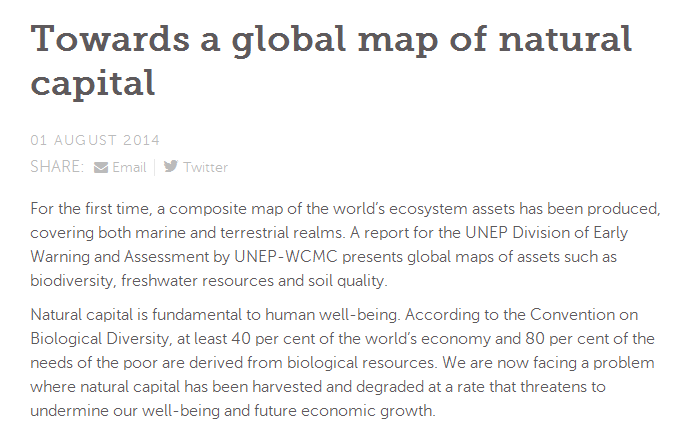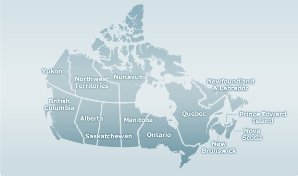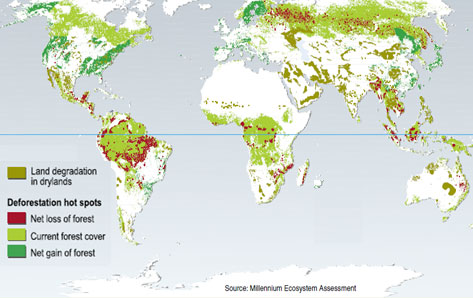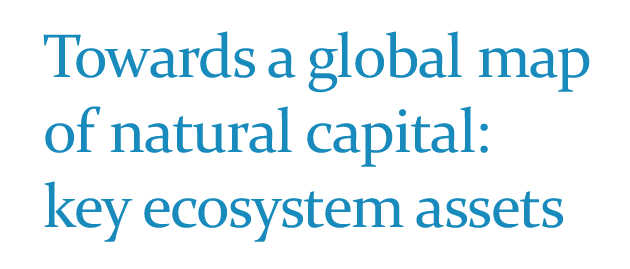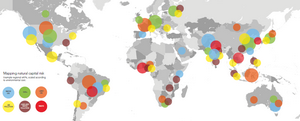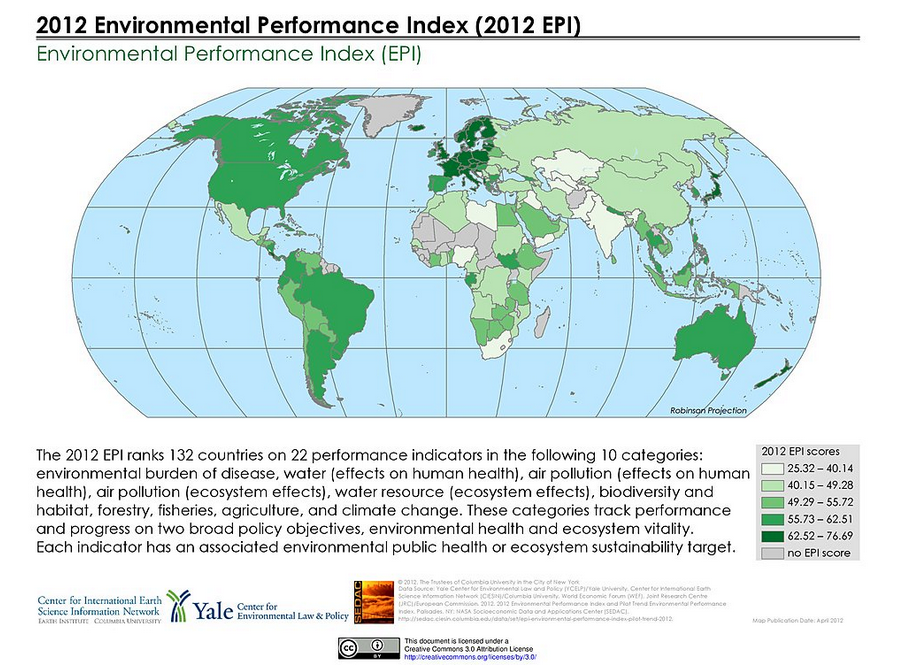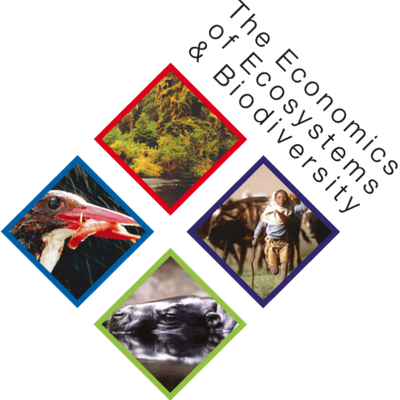Natural Capital
○ ○ ○ ○
Natural Capital
- Sustainable Development Goals (SDGs) v GDP as measurement of 'progress'
- http://www.phys.org/news/2014-01-dethrone-gdp-national-success.html#inlRlv
- http://www.naturalcapitaldeclaration.org/
- http://www.naturalcapitaldeclaration.org/2012/08/global-footprint-network-supports-ncd/
- Ecological Footprint
- http://www.worlddialogue.org/content.php?id=512
Natural Capital (financing)
- Valuing natural capital systems +/- ecosystem services - http://www.phys.org/news/2014-05-environmental.html
- http://www.worldbank.org/en/news/2012/06/20/massive-show-support-action-natural-capital-accounting-rio-summit
○ ○ ○ ○
- (FB) https://www.facebook.com/pages/Natural-Capital-Initiative/132253866809725
- http://www.naturalcapitalinitiative.org.uk/links
- http://www.naturalcapitalinitiative.org.uk/news/
Accounting for Nature
"The question that accounting answers is: did this business maintain, create or deplete value over a particular time period (i.e. is the capital stock better off, worse or unchanged)? This is an important question to ask because we can see that, globally, we are depleting the natural capital stock at an alarming rate. You might think no-one would run their business on the basis of capital depletion and yet collectively we do because, economically, nature is invisible; it is not priced...
"Valuing things is not easy. We are beset with questions like: is value the same as price; value to whom; market price or replacement cost; present value of discounted cash flow, but at what rate? This is for things that we often assume are easy to value. When we try to value nature further challenges emerge.
"There isn’t space here to go into all of the challenges of valuation, but let’s just touch on a few. A good place to start is with the questions: should we put a monetary figure on nature; and, if so, what would we be valuing?
"There is also a question: does nature only have value in a human-centric way; does it not have intrinsic value as well? If there is an ecosystem somewhere that is not immediately linked to human benefit, is it worthless?
"But almost more importantly, if we think of a progression from qualitative review of natural capital to a quantitative assessment to a financial valuation, increasingly elements are left out, not because they are irrelevant or immaterial but because they can’t be quantified or valued. Paradoxically one could conceivably end up with a value that captures nothing one finds valuable. How, for example, do we capture the complexity and inter-connectivity of systems fundamental to our natural world? How do we value our mother or father? Surely the real value exists in the emotion we feel for them; how do you put a monetary value that?
"Developing from this there is an argument, heard loud and strong in civil society, which says we should not put a value on nature; that that simply commoditises it and diminishes its true value. Just because something is not quantifiable does not mean it is not important. A position that privileges what can be measured is open to placing quantity above quality; and most of us would question that arrangement. We have to take notice of the things we cannot measure. You can’t really measure truth or justice or freedom. Such an argument can be located within the wider debate of the extent to which we are creating a market society that puts everything up for sale and asks where the limits of that should be. An exposition of some of the thinking behind such a position is Michael Sandel’s What Money Can’t Buy.
As Sandel concludes: "The question of markets is really a question about how we want to live together. Do we want a society where everything is up for sale? Or are there certain moral and civic goods that markets do not honour and money cannot buy?"
○ ○ ○ ○
Natural Capital Mapping
Natural Capital (Mapping / Assessment app)
Google Outreach links with Suzuki Foundation / Prototype NatCap Mapping - Canada (video)
○ ○ ○ ○
- http://www.davidsuzuki.org/publications/downloads/2011/REPORT--BC_natcap_policy_review_web.pdf
- http://www.davidsuzuki.org/issues/wildlife-habitat/projects/natural-capital/
- http://www.davidsuzuki.org/issues/wildlife-habitat/projects/natural-capital/what-is-natural-capital/
- http://www.davidsuzuki.org/issues/wildlife-habitat/projects/natural-capital/putting-natural-capital-on-the-map/
○ ○ ○ ○
Millennium Ecosystem Assessment
United Nations Environment Programme / Division of Early Warning and Assessment
United Nations World Conservation Monitoring Centre
○ ○ ○ ○
Toward a Global Map of Natural Capital / UN
The concept of natural capital, which has its theoretical origins in the environmental economics of the 1990s, has experienced increased interest following the publication of the Millennium Ecosystem Assessment and the development of the ecosystem services approach.
In recent decades we have learned more about the ways in which nature provides vital life-support functions upon which we depend for our survival. The problem we face is that natural capital has been harvested or degraded at a rate that threatens to undermine both well-being and future economic growth (UNEP, 2007). Natural capital may be transformed to other types of capital, but even manufactured capital is formed from the resources found in nature.
The growing recognition that the environment plays a fundamental role in determining global economic outputs and human well-being has led to a range of responses, one of which is the integration of the value of natural capital into policy and decision making. As a consequence, governments around the world are grappling with how to better measure the success of their economies. Work is being carried out by the World Bank, OECD, UN, EEA and others on developing methods to incorporate natural capital into national accounts.
○ ○ ○ ○
Earth Systems Monitoring from Space
NASA Earth Observing System Data and Information System -- Maps
NASA Earth Sciences Invites Public to Join In
Earth Science Research from Space ○ ○ 'New Space' Earth Monitoring with Micro-satellites ○ ○ Planet Labs
Global Fishing Watch ○ ○ Global Forest Watch ○ ○ Google Earth Outreach ○ ○ Rebecca Moore and the Google Outreach team
New Definitions of National Security ↔ Environmental Security
http://www.teebweb.org/resources/useful-links/
http://www.teebweb.org/areas-of-work/teeb-for-business/
http://www.teebweb.org/our-publications/teeb-study-reports/business-and-enterprise/
Natural Capital Use Reports
http://www.teebweb.org/our-publications/teeb-study-reports/ecological-and-economic-foundations/
http://www.teebweb.org/our-publications/teeb-study-reports/national-and-international-policy-making/
http://www.teebweb.org/areas-of-work/advancing-natural-capital-accounting/
Data made available, for example, snaphots circa 2013
The majority of unpriced natural capital costs are from greenhouse gas emissions (38%), followed by water use (25%), land use (24%), air pollution (7%), land and water pollution (5%), and waste (1%).
The total unpriced natural capital consumed by the more than 1,000 “global primary production and primary processing region-sectors” amounts to $7.3 trillion a year — 13 percent of 2009 global GDP.
New Visions: Beyond the Old Definitions
New ways to envision sustainable development and growth
Green Concepts and New Eco-nomics
http://www.greenpolicy360.net/mw/images/Global_Sustainability_Resilience_memorandum-2011.pdf
○ ○ ○ ○ ○ ○ ○ ○ ○ ○ ○ ○ ○ ○ ○ ○ ○ ○ ○ ○ ○ ○ ○ ○ ○ ○ ○ ○ ○ ○ ○ ○ ○ ○ ○ ○ ○ ○ ○ ○ ○ ○ ○ ○
Tags: True-Cost Accounting, True-Cost Pricing, TruCost Reports, Full-Cost Environmental Accounting, Production Cycle, Natural Capital, Sustainability Policies, TEEB Initiative - http://www.teebweb.org/resources/useful-links/

